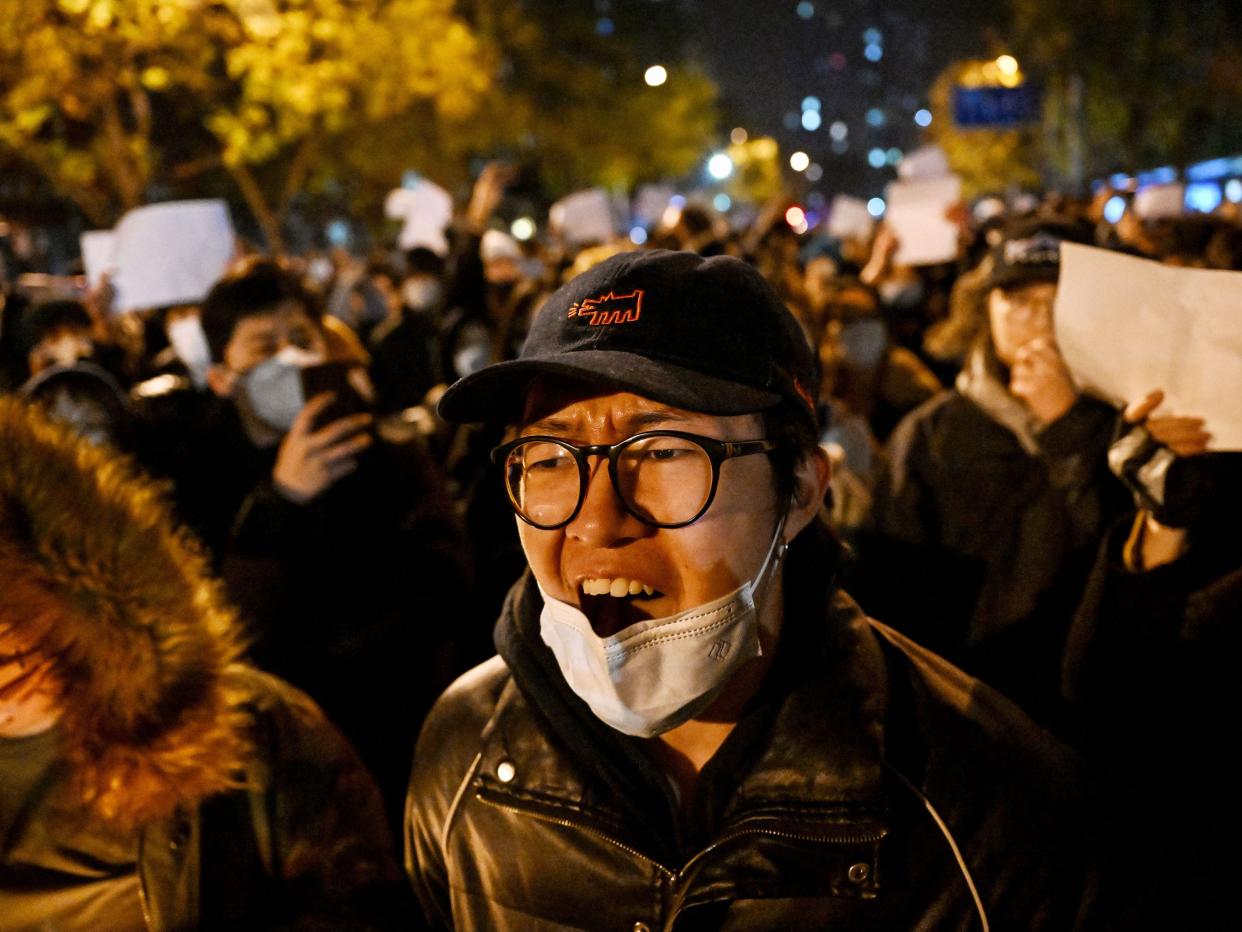Chinese police are now conducting random stop-and-search checks for banned foreign apps such as Instagram and Twitter: reports

Chinese police conducted random stop-and-search checks on phones, per WSJ and CNBC.
The authorities checked for banned foreign apps such as Instagram, Twitter, and Telegram.
These apps were reportedly used by protesters rallying against China's zero-covid policy.
As protests over China's draconian COVID-19 policy intensify, local police tried to quell further escalation by conducting random stop-and-search checks for banned foreign social media apps, the The Wall Street Journal and CNBC reported Monday.
Some of the dissidents have been turning to foreign apps like Instagram, Twitter, and Telegram to share information on the protests with the outside world and to communicate and organise protests.
These foreign social media apps are banned in China, but they can be accessed through virtual private networks, or VPNs.
In Shanghai, police conducted phone inspections in People's Square Station, a transportation hub, looking for banned apps, the Journal reported, citing messages posted in a chat room used by protesters and viewed by the publication.
A video posted on Twitter by senior BBC journalist Edward Lawrence showed police officers in Shanghai forcing protestors to delete protest-related imagery from their phones.
—Edward Lawrence (@EP_Lawrence) November 28, 2022
Another video circulating on Twitter appears to show an alleged plain-clothes officer hitting a person who refused to hand over his phone.
—awetnappy (@awetnappy) November 28, 2022
Insider was unable to independently verify the authenticity of the videos.
The checks were conducted randomly, and "it can happen anywhere from on the street or at entrances to shopping malls," tweeted DW's east Asia correspondent William Yang.
"It's just been a cat-and-mouse game to be able to communicate and log in to the free world," CNBC reporter Eunice Yoong said in a live interview on Tuesday.
The Shanghai and Beijing police did not immediately respond to Insider's requests for comment.
Read the original article on Business Insider

